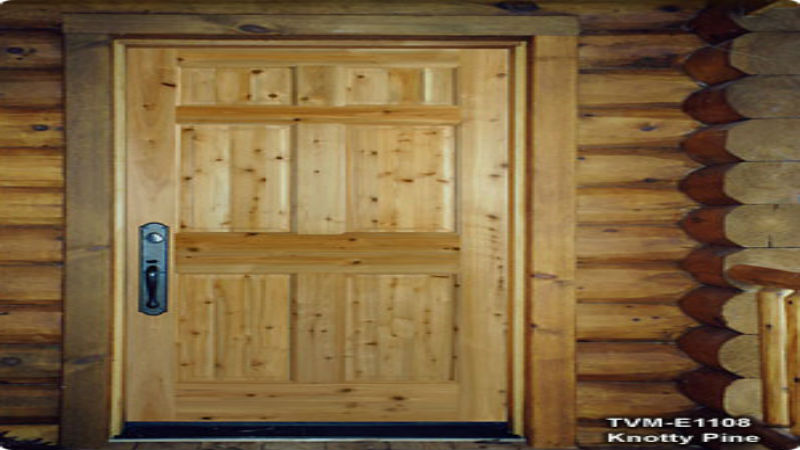If you’re looking to make the most of your outdoor space, you might be considering adding a deck or upgrading your existing one. One popular option that can add value to your property while enhancing your outdoor relaxation and entertainment experiences, is dry space under decking. In Mooresville, NC, where rainfall is high and humidity is the norm, this feature can be especially useful.
In this blog post, we’ll highlight some key considerations you should make when thinking about dry-space under decking in Mooresville, NC.
Climate and Weather
As mentioned, Mooresville, NC, is known for frequent rainfall and high humidity. This means that moisture can easily accumulate on your deck and cause issues such as rotting, warping, or mold growth. Installing a dry space under-decking system can help protect your deck and extend its lifespan.
Deck Material
Another factor to consider when thinking about dry-space under decking in Mooresville, NC, is the type of decking material you use. Some types of wood or composite decking may be more prone to moisture damage than others. Some may also require a specific type of dry-space system.
For example, if you use a decking material that expands and contracts significantly with temperature changes, you’ll need a system that allows for this movement without causing water to leak through.
Cost and ROI
Dry-space under decking can be a great investment in your property, but it’s important to consider the cost and potential ROI. The dry-space under deck cost will depend on various factors such as the type of materials used for the deck and the dry space, the size and layout of the deck, and the complexity of installation.
You’ll also need to factor in maintenance costs and potential repair/replacement costs down the line.
Water Management
A major concern with dry-space under decking is proper water management. You’ll need to make sure that any water that does make it under the deck is properly channeled away from the house and the surrounding landscape. This means including proper drainage systems that route the water to a designated area, such as a dry well or an underground drainage pipe.



